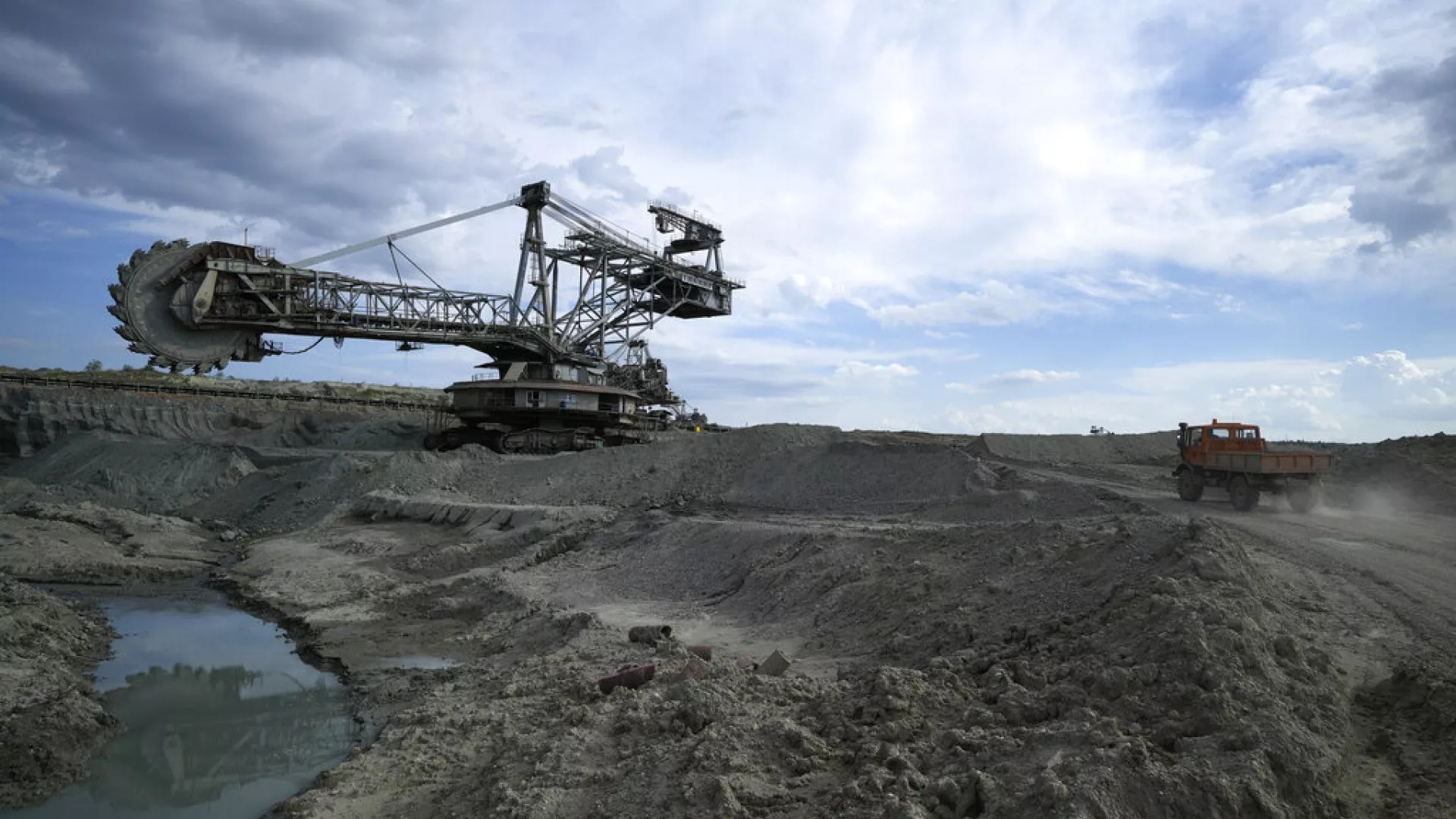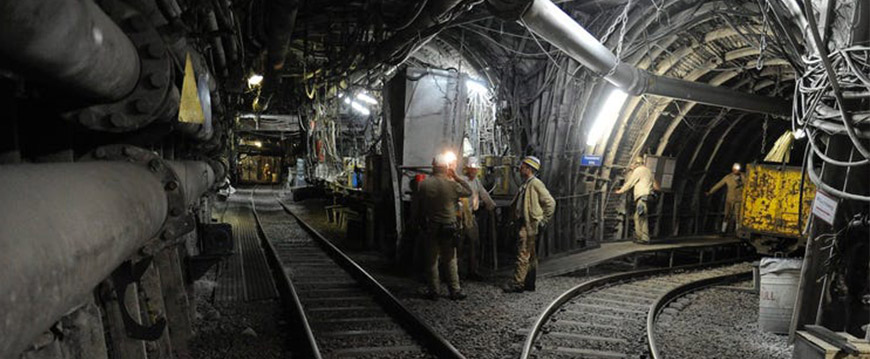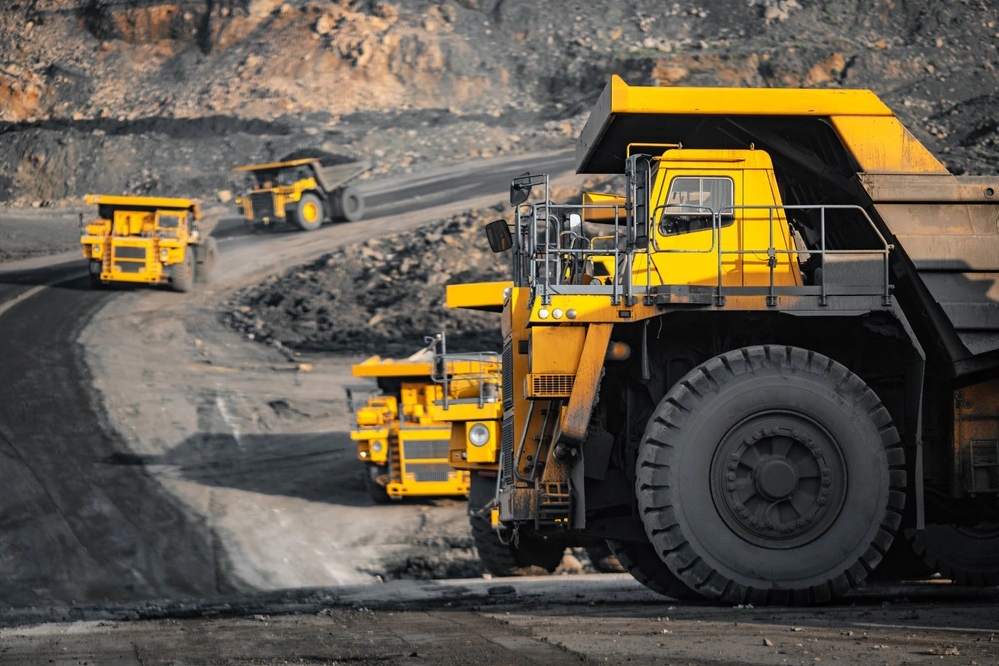How can Europe boost mining?

The Critical Raw Materials Act is one of the more decisive pieces of legislation that Europe has rolled out for domestic mining and the production of rare earth minerals in the past few years.
Essentially, it seeks to significantly reduce red tape and increase innovation and the exploration of alternative materials.
This will mainly include clearer and more stable frameworks for recycling and mining projects, as well as more rapid and straightforward authorisation channels. Economic incentives and more support for small and medium enterprises (SMEs) are also likely to be announced.
The act sets ambitious recycling targets and aims to cut down on waste from the start. By doing so, it hopes to lessen the demand for new mines.
One such recycling project is the EU-funded Susmagpro project, which took place last year and focused on the recycling of rare-earth magnets mainly used in wind turbines, electronics and electric car motors.
The European Commission said that the aim of the project "is to develop a recycling supply chain for rare earth magnets in the EU and to demonstrate these new materials on a pilot scale within a range of application sectors. The EU imports far more neodymium-iron-boron magnets than it manufactures."
Additionally, the continent will work towards establishing strategic partnerships with third countries. Not only can this lead to significant foreign investment in Europe’s mining sector, but can also increase knowledge sharing and attract highly talented and skilled foreign labour.
"This legislation is an industrial policy blueprint for a secure and sustainable supply of raw materials in Europe," said Renew MEP Nicola Beer about the act.
"With targeted economic incentives, we are creating project-planning certainty for private investors - through single points of contact for companies and fast and simple authorisation procedures with clear deadlines for national authorities," she said. "This will boost mining, processing and recycling in Europe."
-
Ensuring reliable long-distance critical signal delivery in mining applications
In mining applications, coal-carrying conveyor belts can be up to 20 km long and···
-
EBRD to Support Modernization of Kazakhstan’s Mining Sector
Kazakh Minister of Industry and Construction Kanat Sharlapayev and First Vice Pr···
-
Wide Strip Mining to Balance Efficiency and Safety in Coal Extraction
BackgroundThe current landscape of coal mining presents significant challenges w···
-
U.S. Critical Mineral Worker Shortage Hurts Competition With China
As the United States rushes to develop domestic supplies of critical minerals—th···
Exhibition address:China International Exhibition Center(Chaoyang Venue)
- Ensuring reliable long-distance critical signal delivery in mining applications
- EBRD to Support Modernization of Kazakhstan’s Mining Sector
- Wide Strip Mining to Balance Efficiency and Safety in Coal Extraction
- U.S. Critical Mineral Worker Shortage Hurts Competition With China
- Mining industry welcomes government's $566m commitment to resource exploration
- Innovation heats up the mining industry






 19th China International Coal & Mining Exhibition
19th China International Coal & Mining Exhibition

